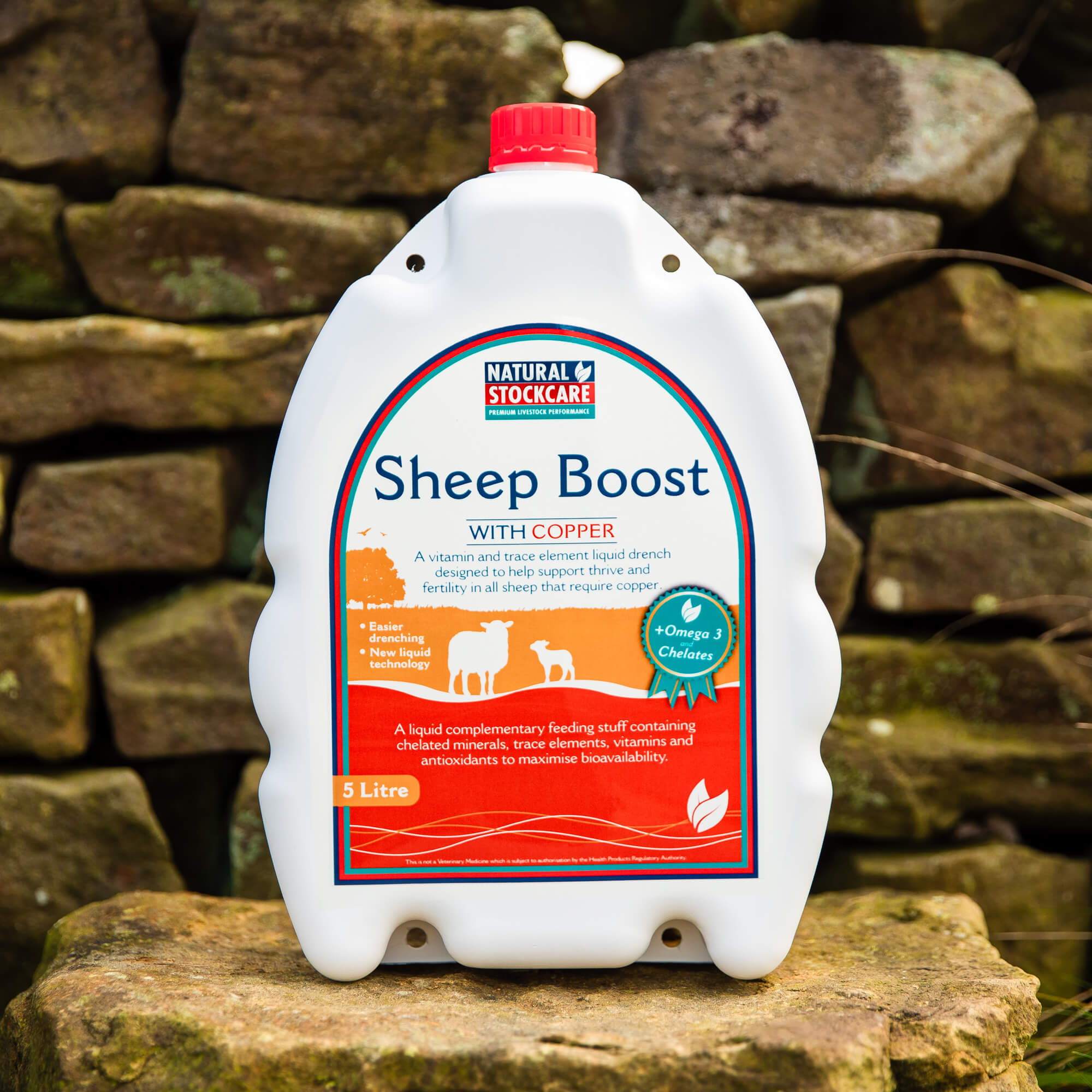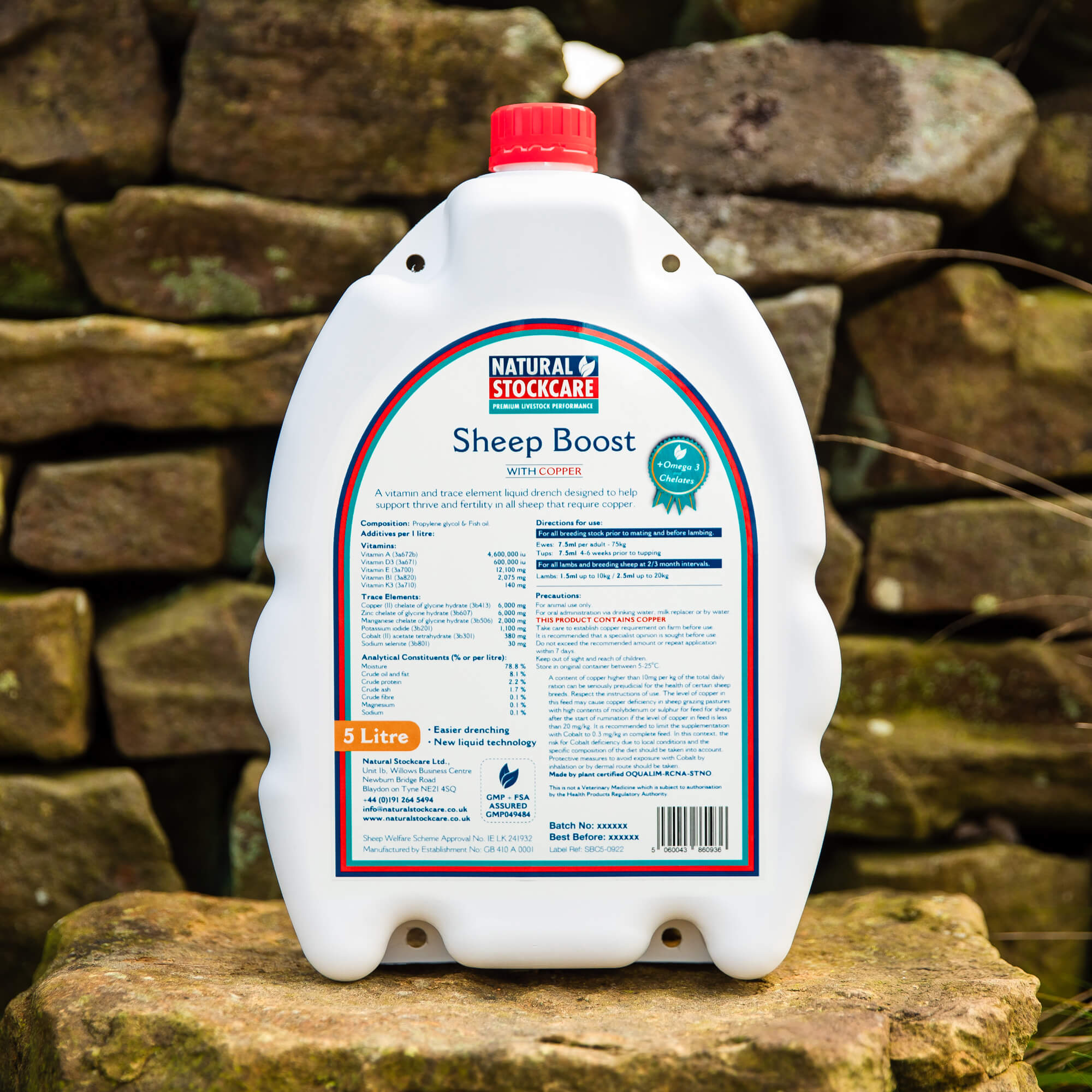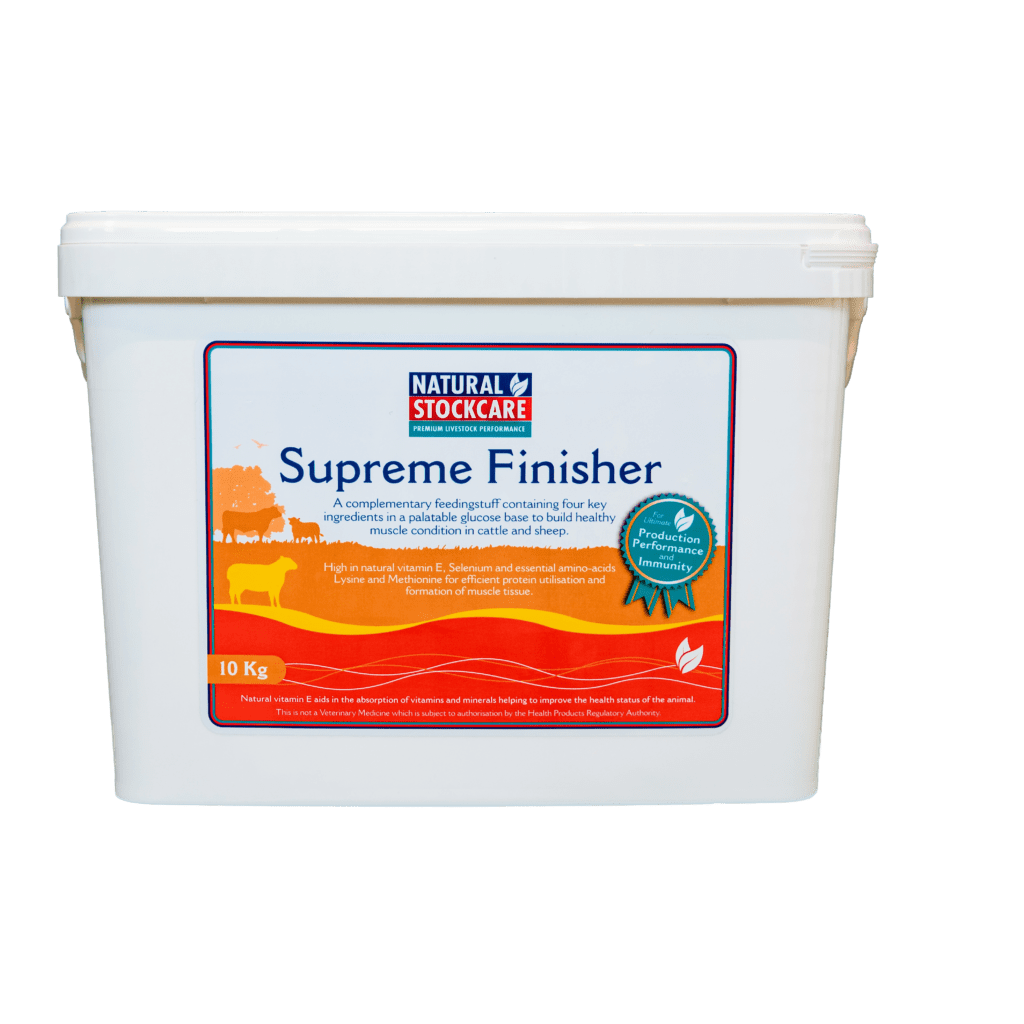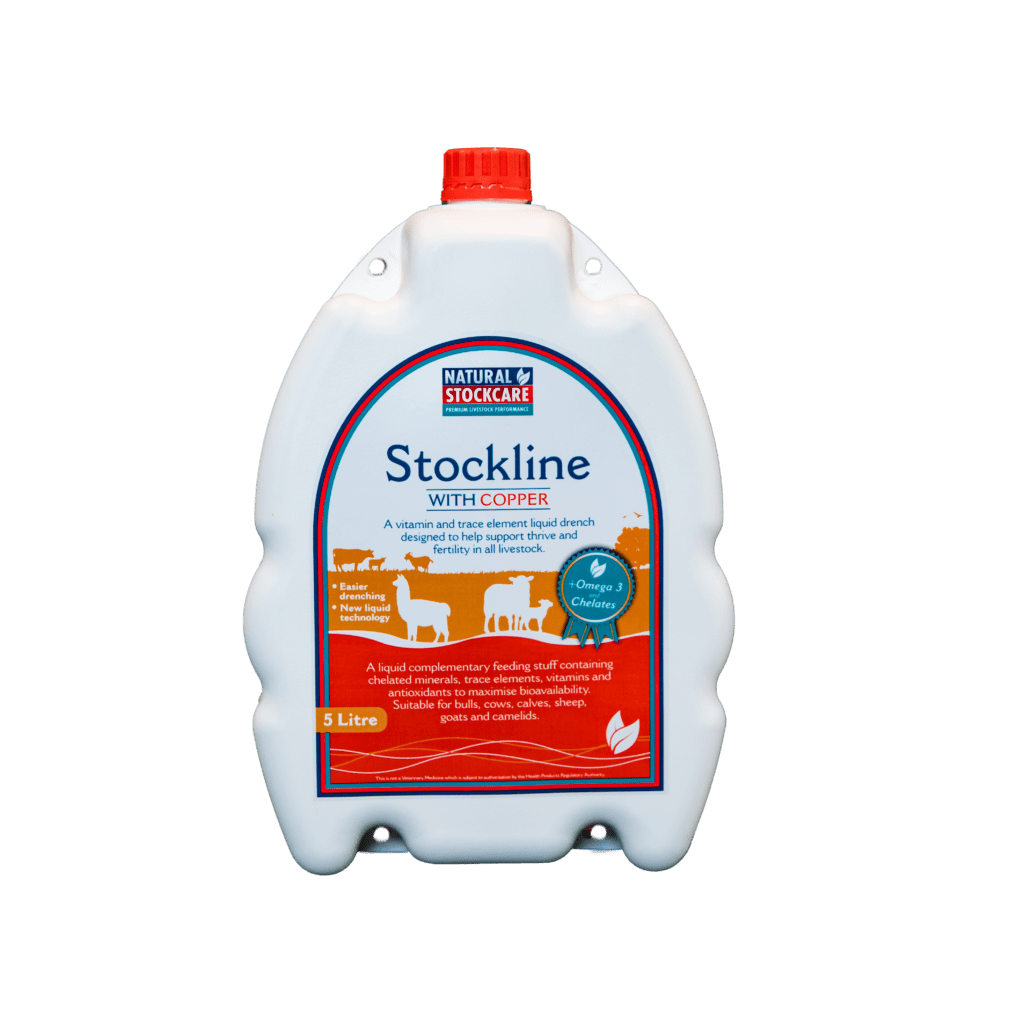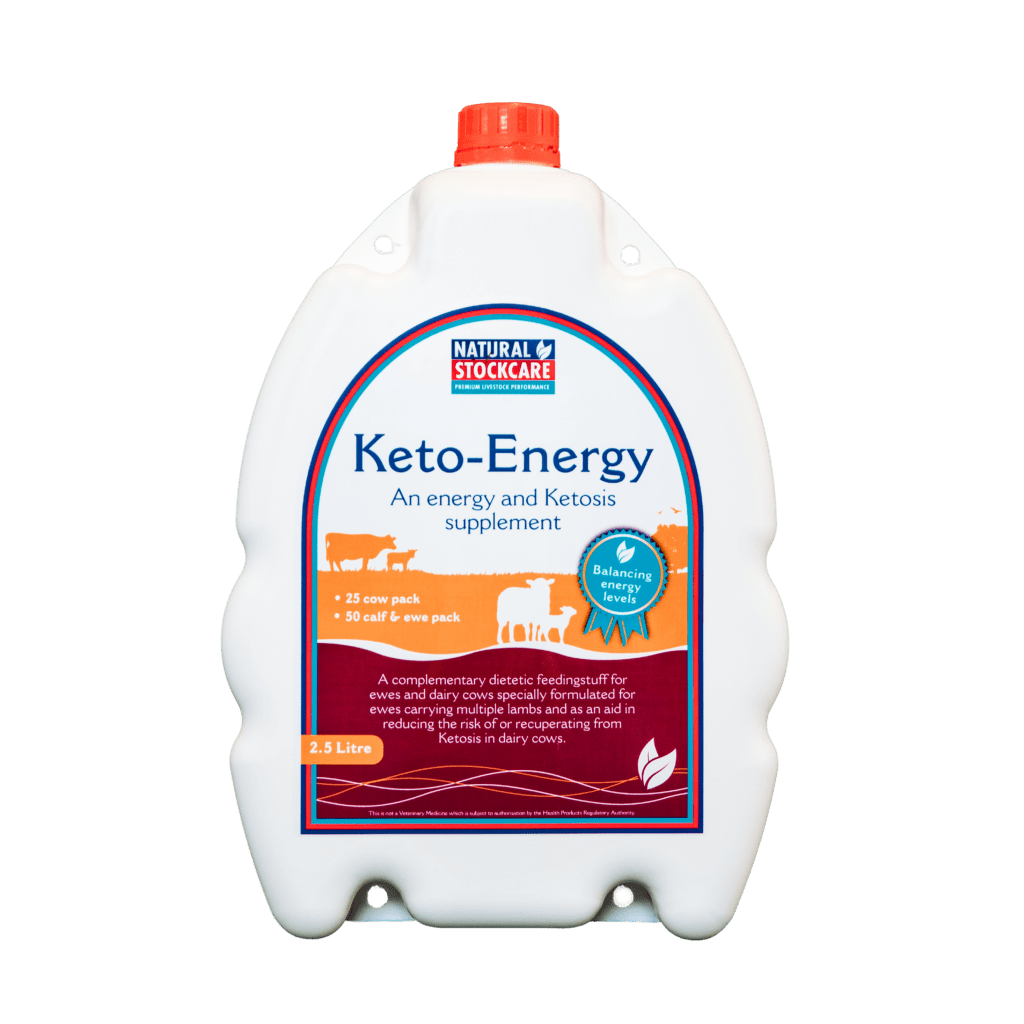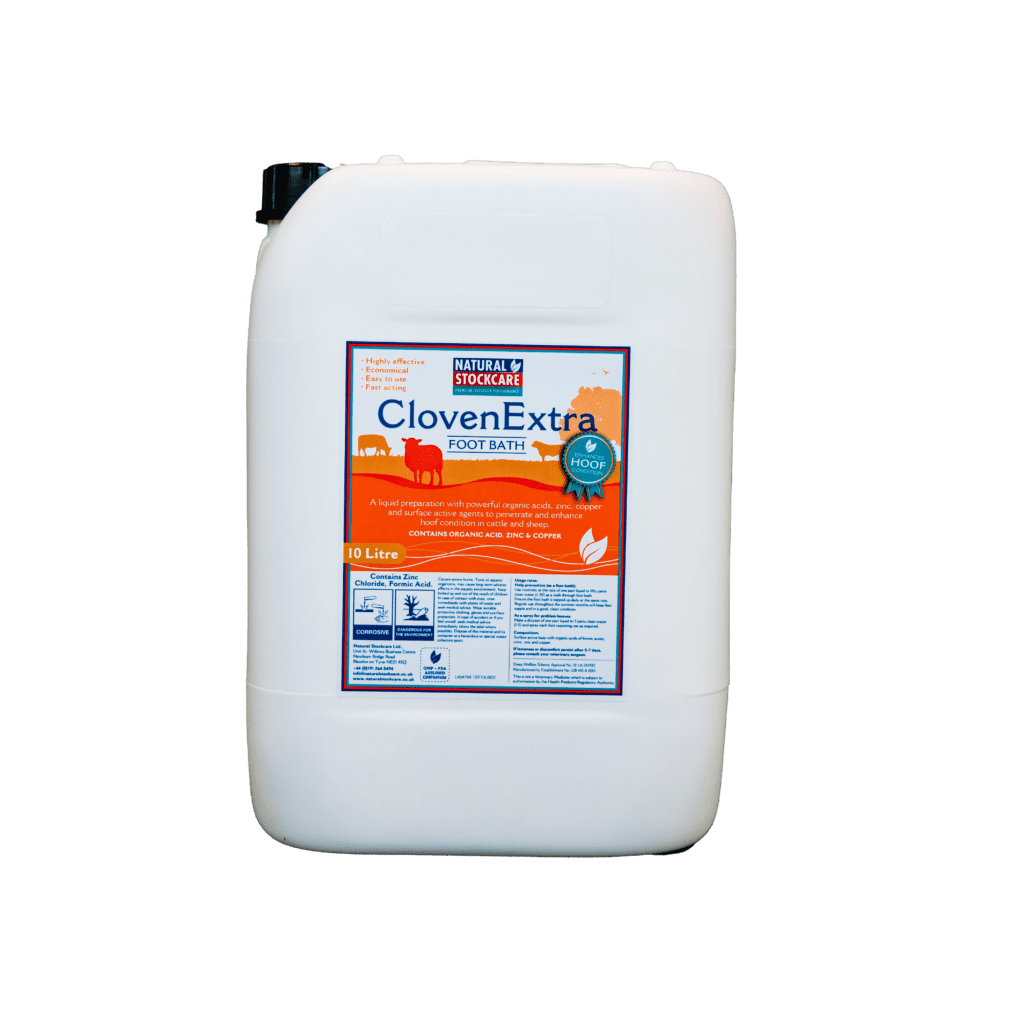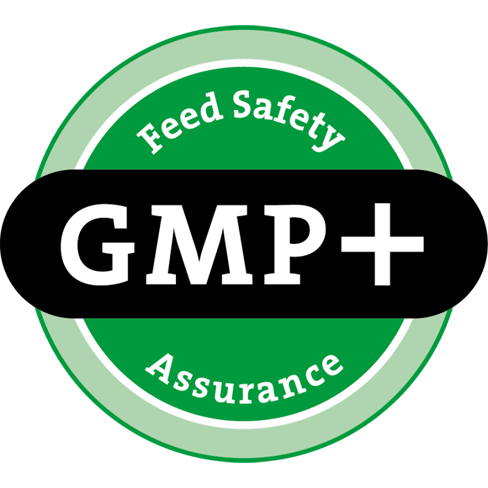Product Description
- The ultimate solution for copper-dependent sheep. Facilitates absorption and retention of essential trace elements and vitamins, supporting optimal health, fertility, and thriving in sheep that require copper.
- Packed with fully protected MACC chelates, our formula ensures optimal nutrient absorption. Give your flock the essential minerals, vitamins, antioxidants, and trace elements they need for optimal health and growth.
- Sheep Boost with Copper delivers substantial levels of crucial vitamins (A, E, D3, B1), promoting robust immune function, energy metabolism, and overall health in sheep. Enhances colostrum quality, nutrient absorption, and potential infection resistance, leading to superior performance.
- Sheep Boost Copper contains Fish Oils (Omega 3 & 6) that support normal brain function and joint development in sheep, unlocking the potential for healthier brains and stronger joints.
- Sheep Boost with Copper incorporates protected Copper, which is crucial for developing sturdy bones, and robust connective tissues and supporting reproductive health in sheep. It improves coat colour, and hair quality, reduces infections, and enhances hoof quality.
- A unique blend of trace elements and vitamins promotes healthy development, accelerated growth, and optimal cell replication in lambs. It helps to improve lambing rates, enhances survival rates, and boosts farm profitability.
Technical Information
Sheep are particularly vulnerable to trace element and vitamin deficiencies, and the importance of iodine and copper cannot be overstated. However, certain breeds of sheep, such as Texels, are known to have a reduced ability to absorb copper. For instance, according to sources like the Texel Sheep Society and scientific studies, breeds including Texels, Suffolk, and several continental short-wool breeds are relatively susceptible to copper toxicity compared to breeds like Cheviots and Scottish Blackfaces. Additionally, it has been observed that growing lambs are more susceptible to copper toxicity than adult ewes.
However, for Sheep that require copper, such as your hill sheep, insufficient supply can have subtle yet detrimental effects, leading to late abortions, stillbirths, increased neonatal mortality, poor growth rates, weak lambs, ill-thrift, and reduced feed intake.
During the breeding season, ewes have heightened requirements for trace elements and vitamins to optimise their reproductive performance. Copper and cobalt are essential for cellular replication, conception, and foetal development. Cobalt also stimulates ovum, foetal production, and post-birth lamb vigour. Iodine supports average foetal growth and development, protein production, appetite control, and adaptation to temperature changes. Selenium aids in synthesising thyroid hormones, facilitating the utilisation of iodine.
Supplementing ewes with trace elements has enhanced fertility and lambing rates. Notably, a study conducted in Ireland revealed that supplementing ewes with cobalt, copper, selenium, and iodine during the breeding season led to a remarkable 26% increase in lambing rate and a 17% increase in the number of lambs reared per ewe. Similarly, a study in Scotland exhibited the positive impact of trace element supplementation, including iodine, on ewe fertility.
Vitamins are equally vital for sheep’s health. Vitamin A, derived from converting carotenes in fresh grass, is crucial for vision, immunity, and reproductive efficiency. Vitamin D, synthesised through exposure to sunlight or obtained from sun-cured forages, is essential for optimal bone development and calcium absorption. Vitamin E and selenium contribute to muscle function and immunity, effectively preventing muscular dystrophy in lambs.
In conclusion, maintaining optimal levels of trace elements and vitamins in sheep’s diet is paramount for their reproductive performance, overall health, and productivity. Adequate levels of copper, cobalt, iodine, and selenium ensure proper cellular function, reproductive efficiency, immune response, growth, and development. Farmers can secure their sheep’s well-being and optimal productivity by addressing nutritional deficiencies and supplying the necessary nutrients.
Citations
Cattell, R., Evans, N., Bell, J. (2013). The Role of Trace Elements in Sheep Fertility in the UK. Scottish Agricultural College Veterinary Services, SAC Consulting.
Gordon, I. (2003). Controlled reproduction in sheep and goats. CABI.
Kendall, N.R., Holmes-Pavord, H.R., Bone, P.A., Ander, E.L., Young, S.D. (2015). Liver copper concentrations in cull cattle in the UK: Are cattle being copper loaded? Veterinary Record, 177(13), 339.
Macrae, A.I., Whitaker, D.A., Burrough, E. (2014). Mineral Nutrition of Livestock. Irish Veterinary Journal, 67(1), 30.
Moloney, A., Spencer, S., Graham, N. (2018). Trace Elements and Reproduction in Ruminants. Irish Veterinary Journal, 71(1), 12.
National Research Council. (2005). Mineral Tolerances of Animals. National Academies Press.
Suttle, N. (2010). Mineral Nutrition of Livestock. CABI.
Williams, P.D., Elliot, J.M. (2013). Sheep Nutrition and Fertility. Irish Veterinary Journal, 66(1), 14.
